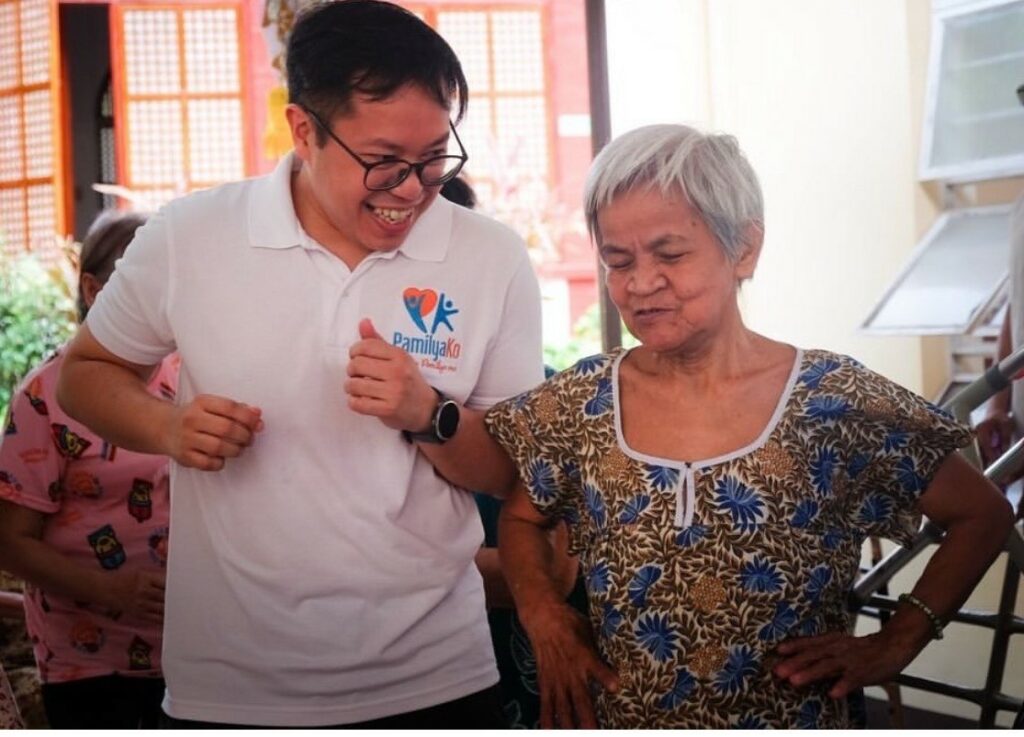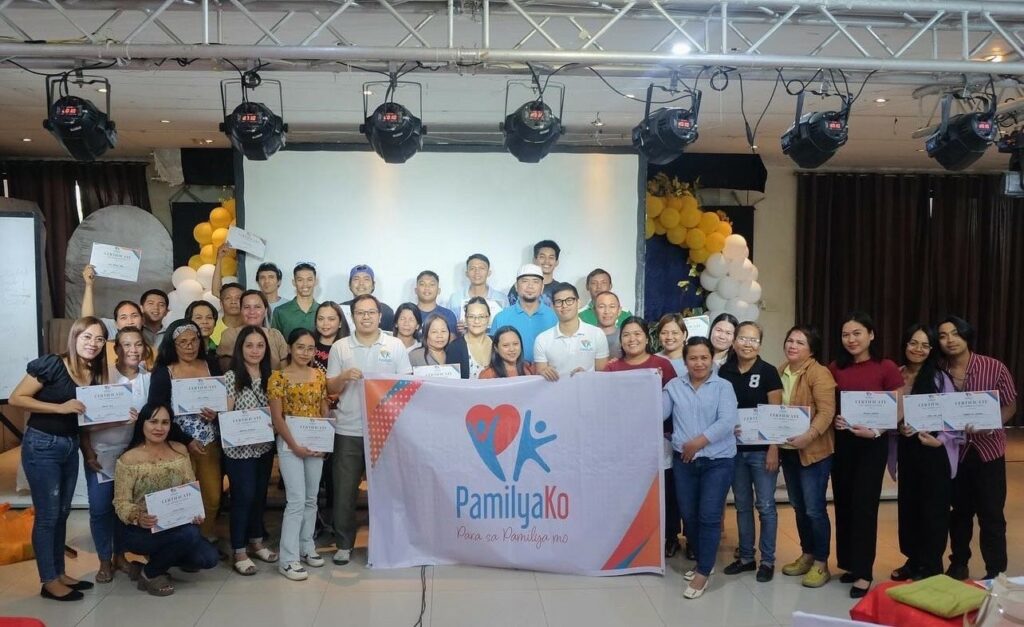The Filipino family has changed drastically over the past decades.
Known for its close-knit ties and warm hospitality, the smallest unit of Philippine society is also characterized by patriarchal authority, conservative values, religious fervor and community spirit (bayanihan) — traits that can be traced back to centuries of colonial rule.
The Pinoy brand of fun and gaiety is especially more evident during holidays, fiestas and other festive occasions, also usually marked by song, music and lavish feasts.
However, in more recent decades, the once unshakable foundations of the family are slowly crumbling down, largely because of the confluence of economic, social and moral issues that gradually break down its core fabric.

Breakups between couples have become the norm, with the kids taking the brunt of the damage as they eventually suffer from the psychological trauma and social stigma.
Slowly, the Filipino family has evolved into more complex variants, including solo/single parent families, live-in parent families, OFW families, families with victims of domestic violence, adoptive/orphan families, blended families, LGBTQIA+ families and elderly care families.
While these unconventional family set-ups have been gaining social acceptance, there are still a lot of crucial matters that need to be addressed.

For one, under the rule of law, these non-traditional families do not enjoy the same rights and privileges of their predecessors. This holds true especially for children whose parents’ unions are not officially sanctioned by church or state.
The same holds true for single mothers who have been abandoned or neglected by their errant husbands involved in sordid extramarital affairs or long-term infidelity. Are they entitled to any semblance of financial security? Can they be given priority for any state-initiated welfare programs?

What about gay, lesbian or same-sex parents? Do they enjoy the same recognition or legal rights as a traditional couple? Can they affix their surnames to their adopted kids?
These are just some of the important issues that inspired the creation of the Pamilya Ko Partylist.
Living up to their tagline “Pamilya Ko Para Sa Pamilya Mo,” Pamilya Ko aims to push for the legitimacy of non-traditional Filipino families and push for the enactment of laws that will uphold their dignity, support their welfare and protect their legal rights.
In addition, Pamilya Ko also aims to provide mental health/psychological counseling to trauma-afflicted members of non-traditional families, or families in transition; conceptualize livelihood programs that could offer short-term solutions for unemployed single parents; and empower LGBTQ+ citizens and other emerging sectors with equal parenting rights.
After all, however unconventional the façade, the non-traditional family, at its very core, still remains very much Filipino in its essence and spirit.
As part of its objective to bring its core advocacy to the Filipino masses, the Pamilya Ko Party List jumpstarted its provincial general assembly in key cities in Luzon and Visayas, including Bataan, Batangas, Bohol, Bulacan, Cavite, Cebu, Iloilo, Laguna, Manaoag, Pangasinan, Quezon, Rizal, Zambales, Iloilo,Zamboanga, General Santos and Davao.
All throughout its sorties, the Pamilya Ko core group felt inspired and humbled to hear the heartwarming stories of fellow Filipinos who continue to be strong and resilient despite the struggles they face as members of non-traditional families.
The kick-off provincial general assemblies were also marked by oath-taking, planning, relief ops and team building activities, which the excited registrants gamely participated in.
A more massive groundswell of support is anticipated as the Pamilya Ko Party List continues its regional grassroots outreach efforts in the coming months. Press release





